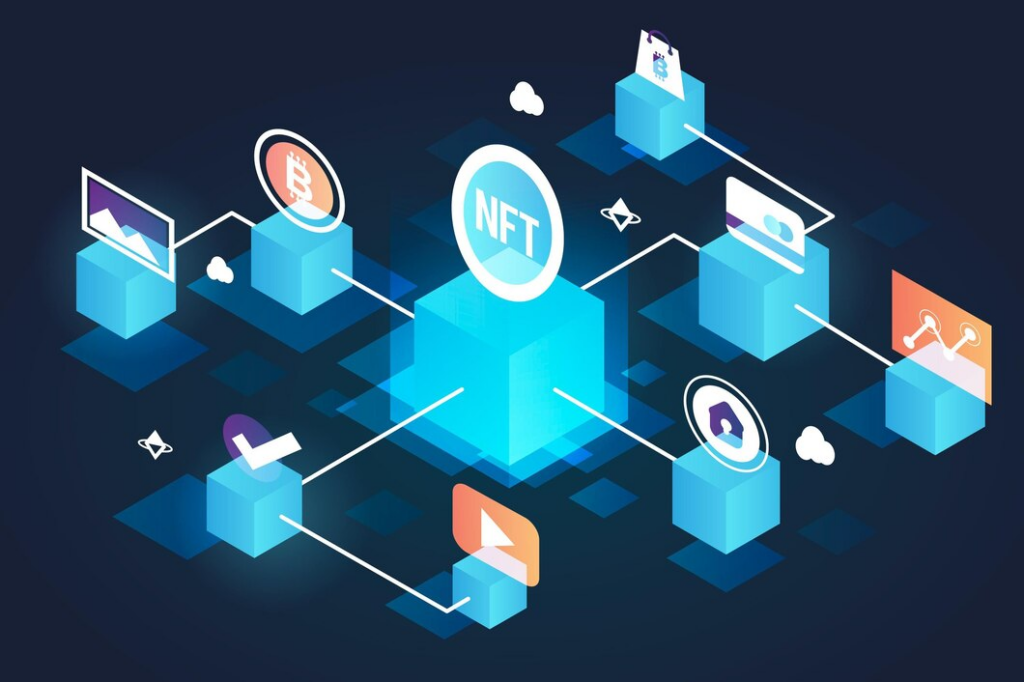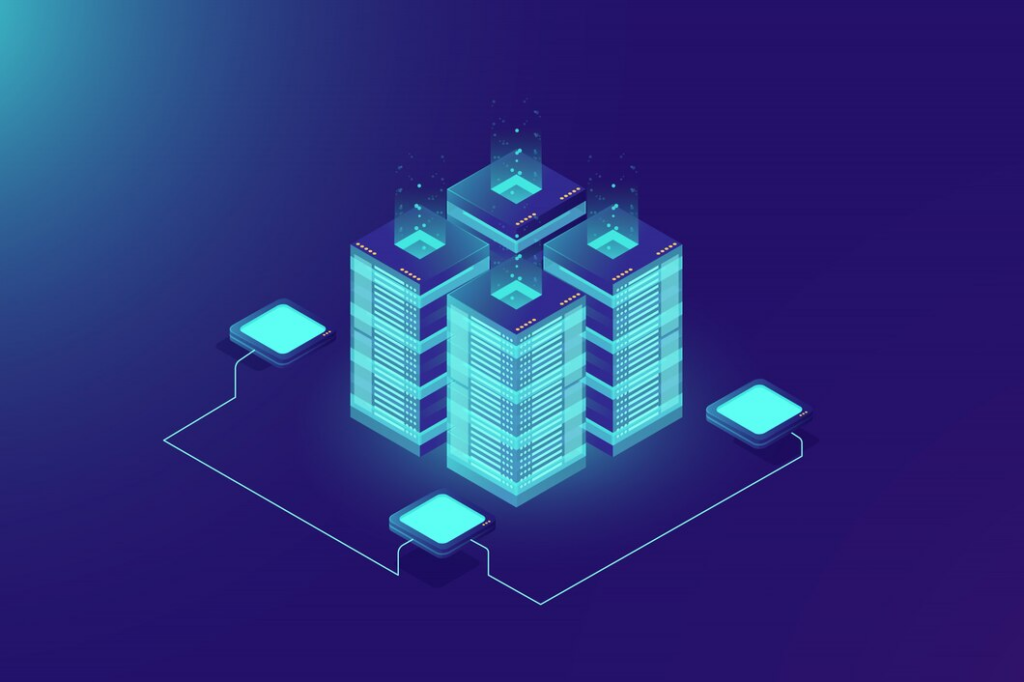The nature of today’s digital landscape appears centralized to concentrate trust in a few large aggregated corporations, which route information between senders and receivers and store most of the world’s data. Revenues these companies are currently ramping up are astronomically colossal off user data that the users themselves are only able to capture a tiny percentage of such value. It is tough to keep up with regulated technology that has rapid innovations, creating an imbalance of power with rare redress for users in whom trust is broken. Scandals involving the leakage of private information by social media giants refer to the fragility of centralized trust.
Our financial systems also rely a lot on centralized institutions like big banks for almost every transaction. The use of “too big to fail” entities, as was underlined by the 2008 financial crisis, is just one example of how dangerous over-reliance on unduly complex and opaquely derived financial instruments can be when they are created only in service of profit. These systems showed their vulnerabilities and hurt the global economy and regular citizens of the world.
Enter the blockchains and smart contracts—a transformative technology designed to answer some of these critical questions. Blockchains and smart contracts offer a decentralized approach to traditional systems, with promises to push the frontiers in how we manage trust and transactions. It is the blockchain technology on which these innovations rest, providing an open, decentralized ledger resistant to centralizing forces. These strong properties would be inherited by the smart contracts running atop such blockchains, and by that virtue would lead to applications that could be more open, transparent, and efficient than their traditional counterparts.
By using blockchains and smart contracts, we avoid the need for centralized control; hence, we construct a system that is much fairer. On an architectural level, these systems are showing high degrees of decentralization, and with it comes a corresponding degree of political decentralization. This will grant developers high fault tolerance, resistance to attacks, and protection from collusion. Smart contracts bring down the required level of corporate trusts, bringing the value better into the hands of the users themselves. This is a way to the democratization of the internet, making services cheaper and more transparent. We have seen the DeFi boom come back, high yields, and the bloom of NFTs with new monetization opportunities. Add to that a world moving forward toward recognition of their values and ever-tightening scarcity in the pool of good developers, and the potential of blockchains and smart contracts can only increase even further.

Why Blockchains and Smart Contracts Really Matter
The Centralization Problem
Data and information are under the control of big corporations, which gain huge profits while giving minimal benefits to the user. This centralization will make it virtually impossible for users to have any course of remedy whenever there is a breach of trust as we recently have seen in several privacy leaks by social media websites. Our financial systems demand similarly centralized banks that even approve peer-to-peer transactions. The financial crisis of 2008 demoralized the idea of putting too much faith in these behemoth organizations and their so-called complex financial products.
The Promise of Decentralization
Each of these centralization issues is balanced by blockchains and smart contracts as a solution. The decentralization of blockchains can be classified further into three types, namely:
- Architectural Decentralization: It refers to the number of nodes that exist between which the blockchain is distributed. More the number of nodes, more the architectural decentralization.
- Political Decentralization: This is measured by the number of entities or people in control of the nodes. The more significant variety there is in control, the more politically decentralized something is.
- Logical Decentralization: This has to do with the functionality of the interfaces and data structures. A system is logically decentralized if you can take it apart and it still works.
These terms were actually coined by one of the founders of Ethereum, Vitalik Buterin, himself, which you can find in the description below.

The Current State of Blockchains
Because today, many of the popular blockchains are very architecturally and politically decentralized and logically centralized, it gives blockchains some very desirable properties such as fault tolerance, attack resistance, and collusion protection. This will be important because smart contract development and deployment will share all those desirable properties of transparency and security native in blockchains.
Benefits of Smart Contracts
Smart contracts run on distributed, decentralized blockchains and inherit their incredible properties – we can create applications that are more open, transparent, and fair compared with conventional web applications. By moving the logic and data into smart contracts, we become independent of corporations and the value between service providers is more smoothed. In such a way, we can make services more efficient and inexpensive.
What About Blockchain Technology?
From an Agreement’s Revolution
New methods of consensus, blockchains, and smart contracts promise transparency and efficiency. More to that, blockchains and smart contracts are decentralized, hence reducing the need for intermediaries that can bring forth single points of failure. For instance, recent growth in DeFi presents a more open alternative to the mainstream financial system, offering superior yields.
Democratization of the Internet
The democratization of the internet, provided by blockchain technology, is moving ahead through the proliferation of NFTs and introducing new ways for artists to monetize their work or even allow gamers to own an item from a computer world. Innovations like this headline a broader wave toward a more fair digital ecosystem where users and creators are at the helm—in so doing, actually in a position to benefit directly from their contributions.
Increasingly Greater Recognition and Demand
Finally, blockchain technology has come to be handled like gold for investors and businesses. This is intertwined with the decline of skilled blockchain and smart contract developers—another reason we could prove the enormous importance and potential that this technology has. The more we become enlightened, the wider the adoption will be, and we thus can see more development and innovations in the world of blockchain.

Conclusion
It is the new order wherein blockchains and smart contracts are rewriting agreements, democratizing the internet, and rewriting the very essence of trust. It offers an alternative: decentralized to answer our modern system of centralization, solving many of the ills wrought by centralization and lack of trust in our digital and financial systems. Blockchains and smart contracts such that will form the backbone of applications that make things transparent, efficient, and fair for major enterprises but also those of governmental use. So long as DeFi and NFTs keep going up, we are set to see ground-shaking transformation from this technology. Increasing interest and investments in blockchain technologies strongly suggest a very bright future, in other words, a signal that even more innovation and development will keep coming in this exciting field.